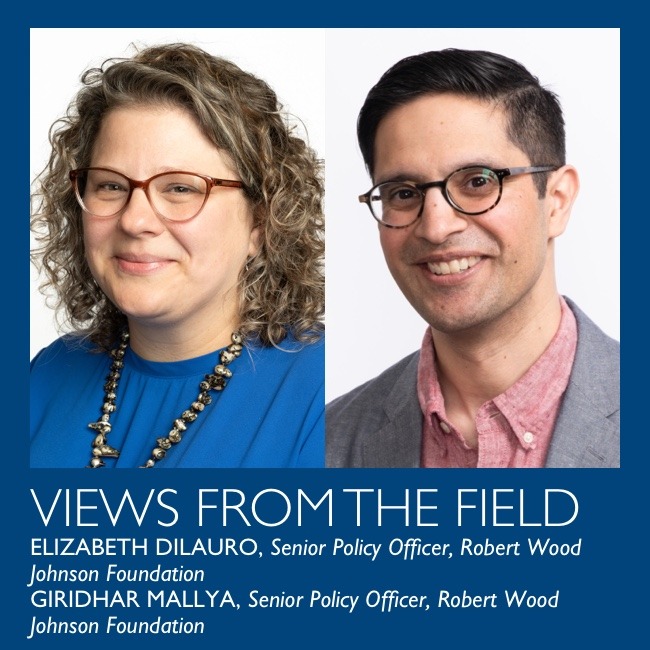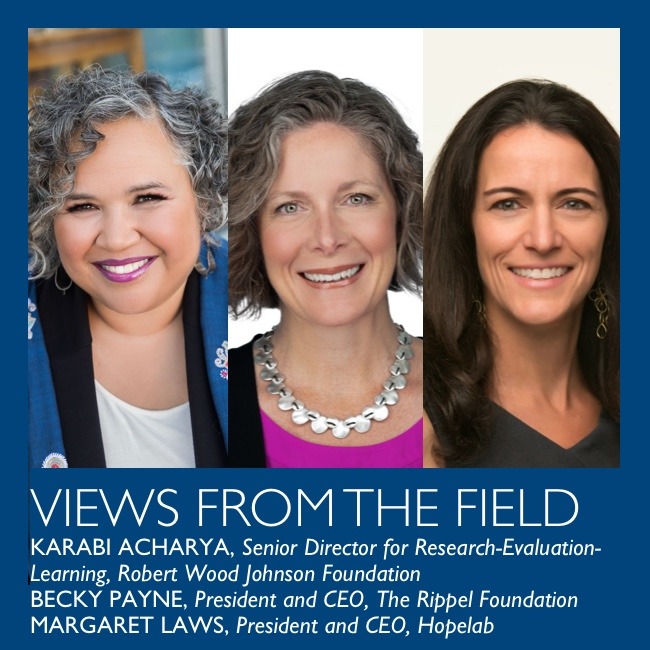Georgia Health Initiative: September 2025
A new report, “Progress Towards Vitality: A 10-Year Retrospective Analysis of Systems Focused Efforts to Improve Maternal Health in Georgia,” analyzes a subset of recommendations put forward by the Georgia Maternal Mortality Review Committee (MMRC) and the Georgia House Study Committee on Maternal Mortality to improve maternal mental health in the state.
Transforming Health Care: Services for Older Adults Can Drive High Quality Chronic Care for All
The health of older adults in this country is an increasingly critical concern, with ramifications for every sector of society and philanthropy. It is time to plan seriously for the demographic change now happening.
Faith in Action: Taking Caregiving to Scale
Over the course of the past fifteen years, the Faith in Action program has provided roughly 1,700 seed grants of up to $35,000 to help start local, interfaith volunteer caregiving programs. These programs are designed to provide free volunteer services to the large and growing number of elderly and disabled individuals who need help with simple, everyday tasks in order to be able to stay in their homes.
Strong Ethics Policy Creates a Culture of Transparency
Almost daily, we are faced with making ethical decisions in our personal and professional lives. This is particularly true for those of us who work at foundations. Foundation board members and staff are often subject to intense pressure to provide funds for particular organizations.
A Foundation Helps Launch a FQHC
For the past decade, free-market thinking has all but dominated the national discussion of health care. New kinds of coverage have resulted, including health savings accounts, along with new players in delivery, like the urgi-care clinics at Wal-Mart.



